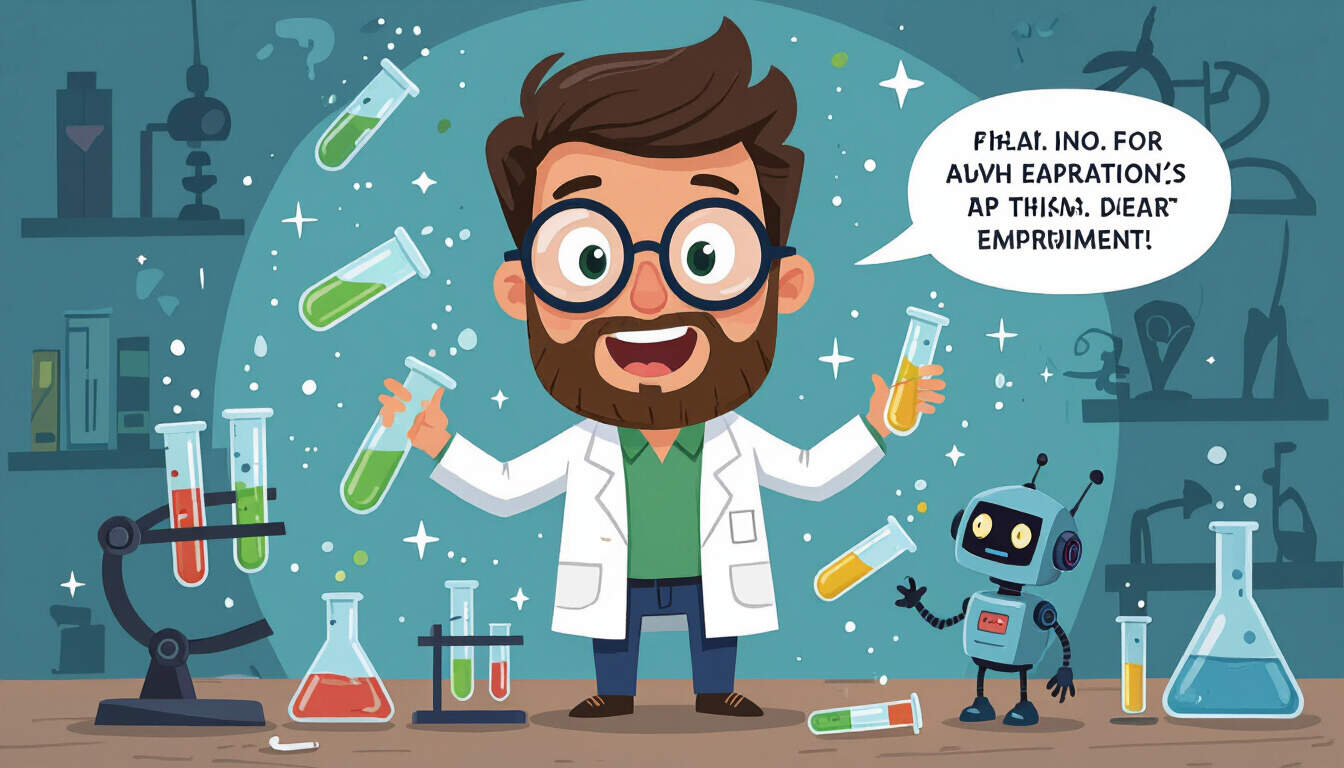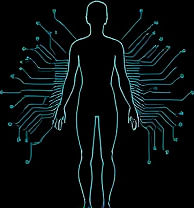Ethical Considerations in Biohacking
 by Thaddeus Blanda
by Thaddeus Blanda
Exploring the ethical challenges of biohacking reveals key issues like safety risks and access fairness. This article examines how practices in health optimization through nootropics and wearable tech demand careful thought to ensure benefits outweigh potential harms, fostering responsible innovation.

Biohacking offers exciting paths for personal enhancement, but it brings forward important ethical questions that deserve attention. People using methods like nootropics to boost cognitive function must consider the broader impacts on society and individuals.
In the field of health optimization, biohacking involves techniques that modify biology for better performance. For instance, wearable technology tracks vital signs and provides data for adjustments. This raises concerns about privacy and data security, as personal health information could be misused.
One major area is the use of nootropics, substances that aim to improve mental clarity. While these can lead to better focus, ethical debates center on long-term health effects and whether users fully understand the risks. Individuals experimenting with such options should prioritize informed choices to avoid unintended consequences.
Wearable technology, like fitness trackers, plays a role in monitoring body metrics for enhancement. These devices help track sleep patterns or heart rates, supporting goals for physical improvement. Yet, questions arise about equality—will only those with resources access these tools, creating divides in health opportunities?
Personal enhancement through biohacking also touches on moral aspects. Altering human abilities with supplements or tech might blur lines between therapy and enhancement. For example, using devices to augment physical capabilities could lead to pressures in competitive settings, where fairness becomes an issue.
Key Ethical Challenges
Biohacking's growth highlights several challenges that need addressing:
-
Safety and Regulation: Without strict oversight, experimental practices might cause harm. Users often try new methods based on online communities, but this lacks professional guidance.
-
Informed Consent: People engaging in biohacking should have clear knowledge of potential outcomes. This includes understanding side effects from nootropics or the accuracy limitations of wearable devices.
-
Social Impact: As biohacking becomes more common, it could widen gaps between groups. Those without access might fall behind, raising questions about justice in health practices.
Experts suggest building community standards to guide biohacking. For instance, sharing reliable research on health optimization can help users make better decisions. This approach encourages a culture of responsibility.
In practice, ethical frameworks can guide individuals. When considering wearable technology for daily use, one might evaluate how it affects relationships or daily life. Biohacking enthusiasts often form groups to discuss these topics, promoting awareness.
Balancing Benefits and Risks
The appeal of biohacking lies in its potential for self-improvement, such as using data from wearables to fine-tune fitness routines. However, balancing these benefits with risks is essential. Overuse of enhancement methods might lead to dependency or health issues, emphasizing the need for moderation.
For those drawn to cognitive boosts, biohacking through natural supplements offers options, but ethical reflection is key. This means weighing personal gains against possible societal effects, like setting unrealistic standards for others.
Looking ahead, advancements in technology will likely expand biohacking options. This creates opportunities for innovation in areas like personalized health plans. Yet, it also calls for ongoing ethical discussions to ensure practices remain beneficial.
In summary, engaging with biohacking requires thoughtful consideration of its ethical sides. By focusing on safety, fairness, and informed participation, individuals can pursue enhancement responsibly. This not only protects personal well-being but also contributes to a more equitable approach for all.
Through careful exploration, biohacking can become a tool for positive change, inspiring others to adopt healthy practices while respecting boundaries.
